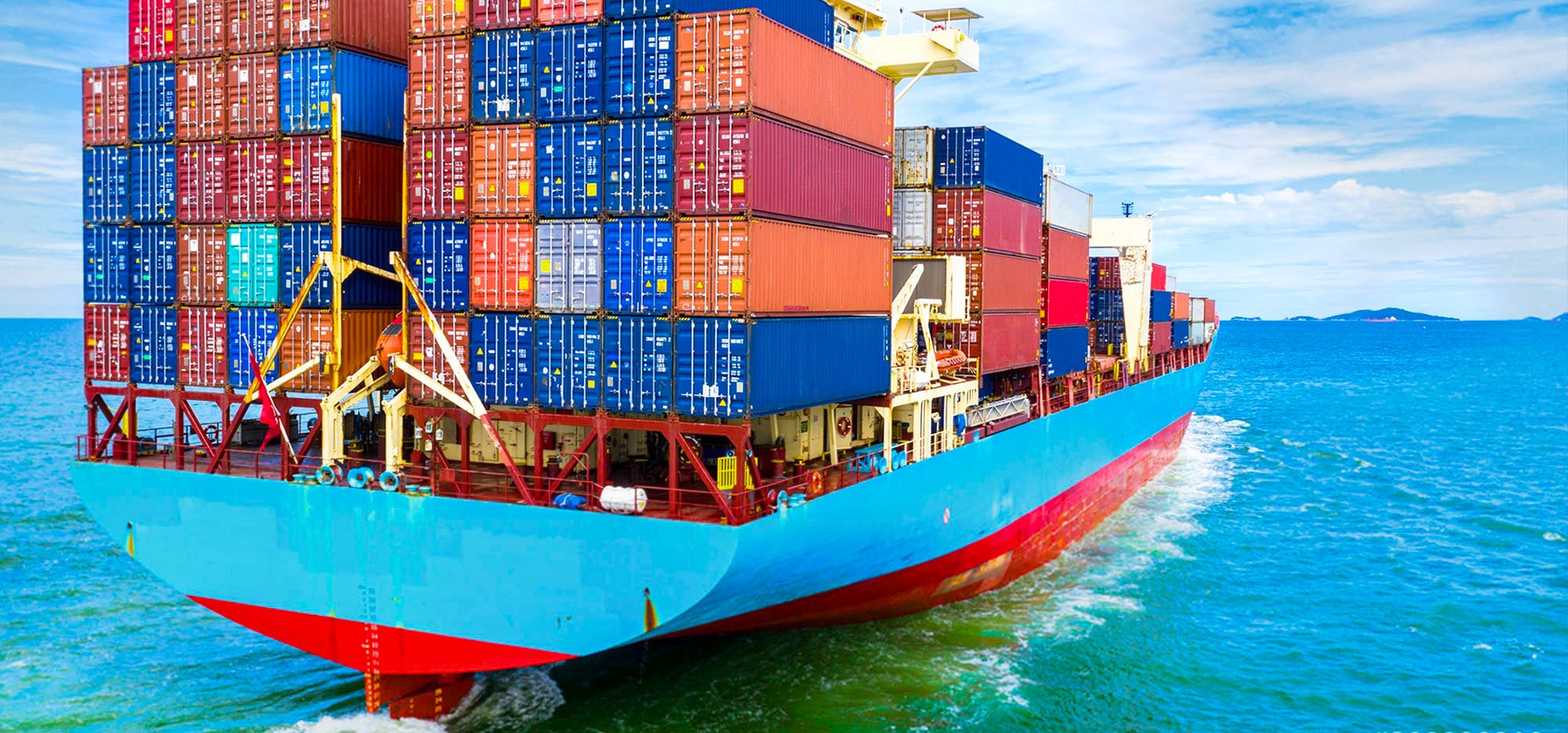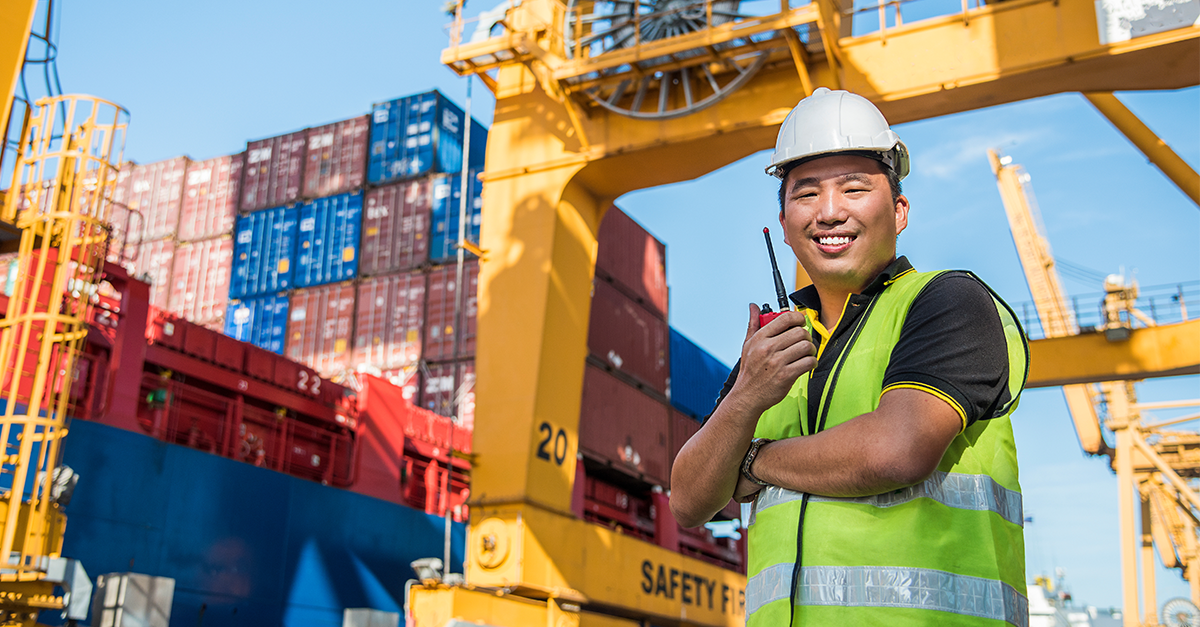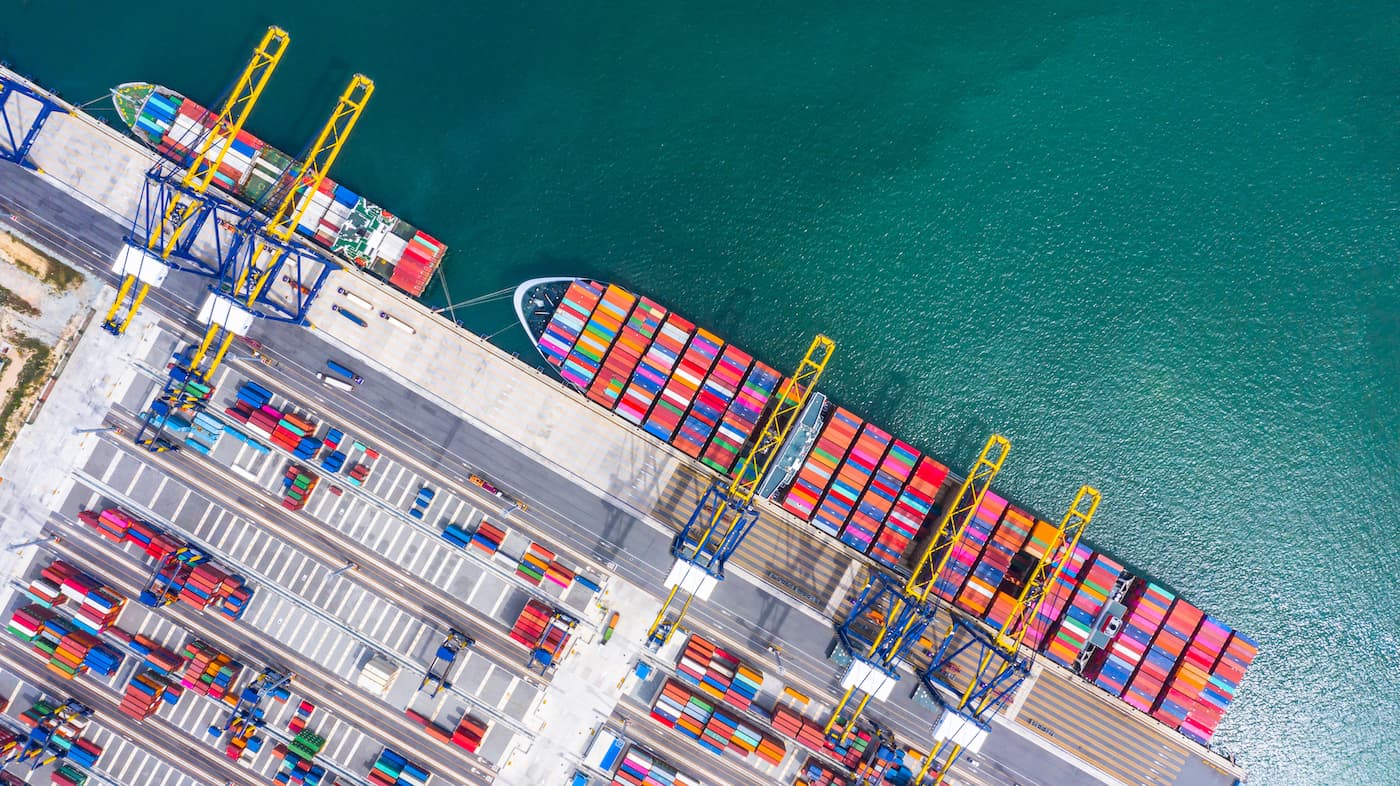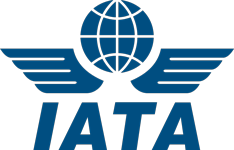The shipping industry has undergone unprecedented changes within the past several years, with half of the world’s largest carriers losing independence, one completely going out business, and carrier alliance groups shrinking to just three since April 2017.
This historic consolidation has extended service areas and geographic coverage for the carriers within this trio—The Alliance, 2M and Ocean Alliance—while also resulting in less options, higher costs, more blank sailings, and decreased customer-service levels for shippers.
The right freight forwarder is critical in this challenging environment, with effective communication between carrier and shipper even more important than ever.
Let’s examine the ways a freight forwarder can help overcome these aforementioned challenges.
Carrier Relationships
Negotiating carrier rates can be a time-consuming process. Competition and the shipper’s focus on the most competitive rate can be frustrating for both sides.
An experienced freight forwarder understands how shippers and carriers handle rate bids,including specific times, days, or trade lanes when the carrier might have more availability to meet the shippers’ needs.
Both parties benefit from this expertise: Shippers receive a better rate and the ability to expedite time-sensitive goods, while carriers ensure their capacity needs and quotas are met upon acceptance of goods.
Other negotiation tactics a freight forwarder can examine include:
- Guaranteed Volume (Amount of Cargo)
- Contract Length: Short-Term, Long-Term, Quarterly, Etc.
- Frequency of Shipments
- Shipper’s Overall Size
- Destinations: Both Amount & Location
Transportation Audits
Shippers could be overpaying, due to hidden costs.
According to Corporate Compliance Insights, an independent news organization focusing on the global compliance, risk, and audit community: “Shipping charges can make up to 10 percent of a company’s total expenses.”
Examples of such charges include:
- Holiday Shipments
- Lengthy U.S. Customs Exams Due to Inaccurate Shipping Information
- Heavy weight Cargo
- Damaged Freight Due to Improper Packing Processes
A reputable freight forwarder can assist by conducting an itemized freight audit, examining billing accuracy, and recommending cost-cutting measures.
Understanding Tariffs
It’s easy to feel overwhelmed by added carrier consolidation costs, not to mention the most recent increases from the United States-China trade wars.
Freight forwarders can guide shippers on what’s involved with tariffs and how to alleviate some of the additional costs. This could be through such tactics as duty drawback, tariff engineering, production relocation, and as aforementioned, re-evaluating your supply chain processes and costs.
This is especially helpful for apparel and footwear—both of which are already high-tariffed industries, even prior to the recent increases.
Blank Sailings
Consolidation has also led to ocean carriers canceling a vessel’s specific port of call, an entire region, or the full journey. Additional blank sailings lead to less supply for shippers. There could be weeks when their contracted carrier skips a sailing due to being under capacity. The schedule resumes when the ship is filled to capacity, to ensure the highest return possible with a full container load.
According to The Journal of Commerce (JoC), last year there were “253 [blanked] sailings in the east-west lanes compared with just 145 skipped voyages in 2018.”
These are expected to increase in 2020 due to an earlier-than-usual Chinese New Year—when production slows for the holiday season—and recent coronavirus outbreak. According to the JoC, as of Feb. 7, “a total of 21 sailings are now being blanked on the trans-Pacific because of the extended shutdown of factories due to the coronavirus, taking 198,500 TEU out of service, on top of 61 sailings already canceled because of the seasonal Chinese New Year lull.”
The JoC added this isn’t just affecting trans-Pacific trade.
“On the Asia–Europe trade, carriers have announced 10 sailings to be blanked because of the coronavirus, removing 151,500 TEU from the market and bringing the total number of blank sailings across North Europe and the Mediterranean to 54,” it states.
While a shipper alone must sign a contract with a specific carrier to handle its container shipments, a freight forwarder is not bound by this. Because they are working for the shipper, freight forwarders don’t have a contractual obligation to any specific carrier and are free to negotiate with any of the aforementioned alliance members.
An experienced freight forwarder with these relationships can research a specific carrier to accommodate the shipment. This could include a different carrier with a sailing in the required trade lane during the necessary time frame.
This blog contains excerpts from the Q1 2020 CAF Quarterly Forecast. Click here to subscribe to our website, and to receive the latest edition direct to your inbox.
CAF Worldwide possesses decades of experience ensuring goods are shipped expediently, while saving time and money. Contact us at 516-444-3700 or email us at info@cafworldwide.com to learn how we can help with the pain points of carrier consolidation.
Topics: Freight Forwarding, Footwear and Apparel, freight management logistics, Logistics and supply chain management
CAF Worldwide has been a trusted leader in global logistics and freight forwarding since 1982, delivering tailored supply chain solutions with a focus on reliability, innovation, and customer-centric service. Specializing in industries such as apparel, footwear, and consumer goods, CAF offers comprehensive services including air and ocean freight forwarding, customs brokerage, intermodal transportation, warehousing, and RFID-based tracking. With a strong presence in Southeast Asia and Bangladesh, CAF ensures efficient, secure, and timely delivery for clients worldwide. Guided by core values of advocacy, loyalty, and integrity, CAF Worldwide is committed to advancing global trade through ethical practices and cutting-edge technology.













 Copyright 2026 CAF Worldwide. All rights reserved.
Copyright 2026 CAF Worldwide. All rights reserved.